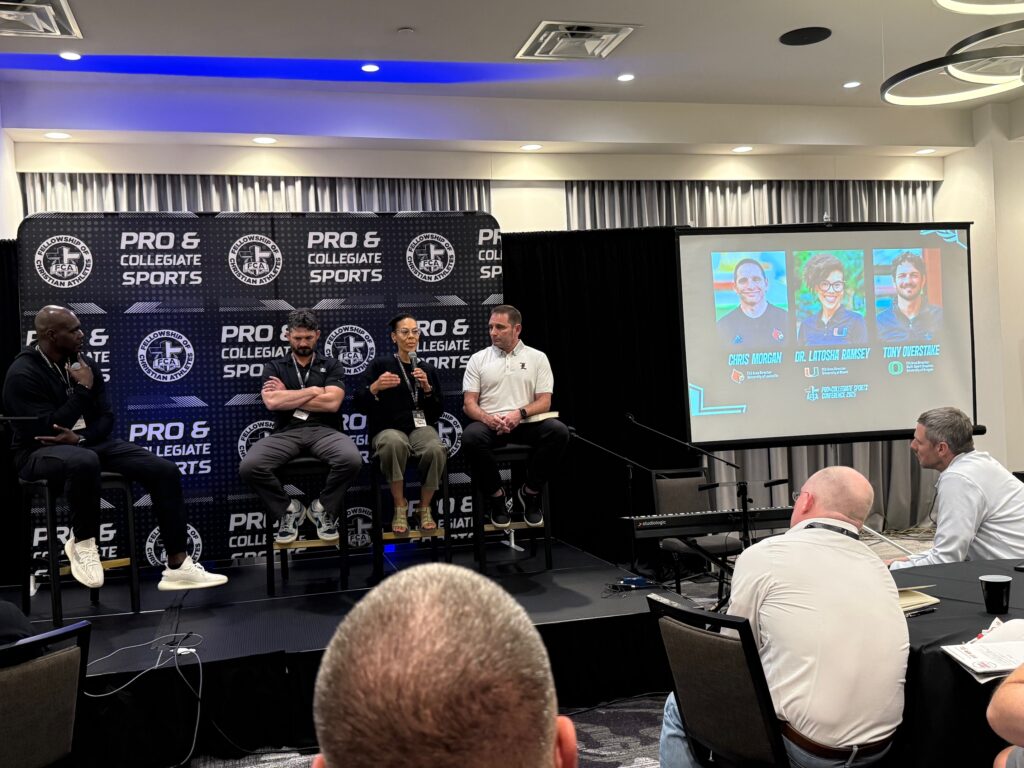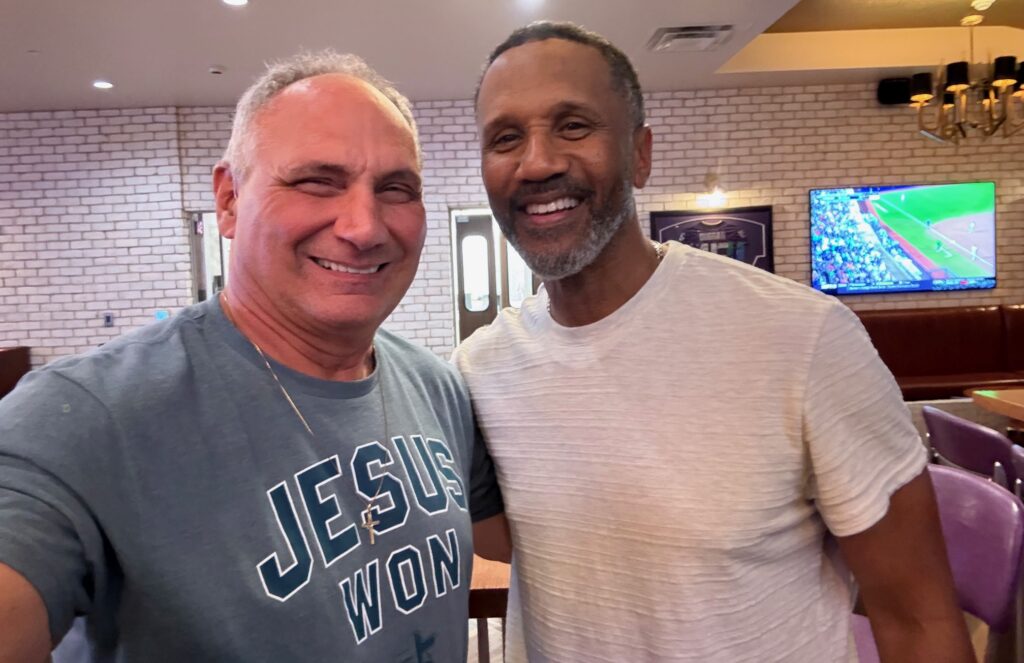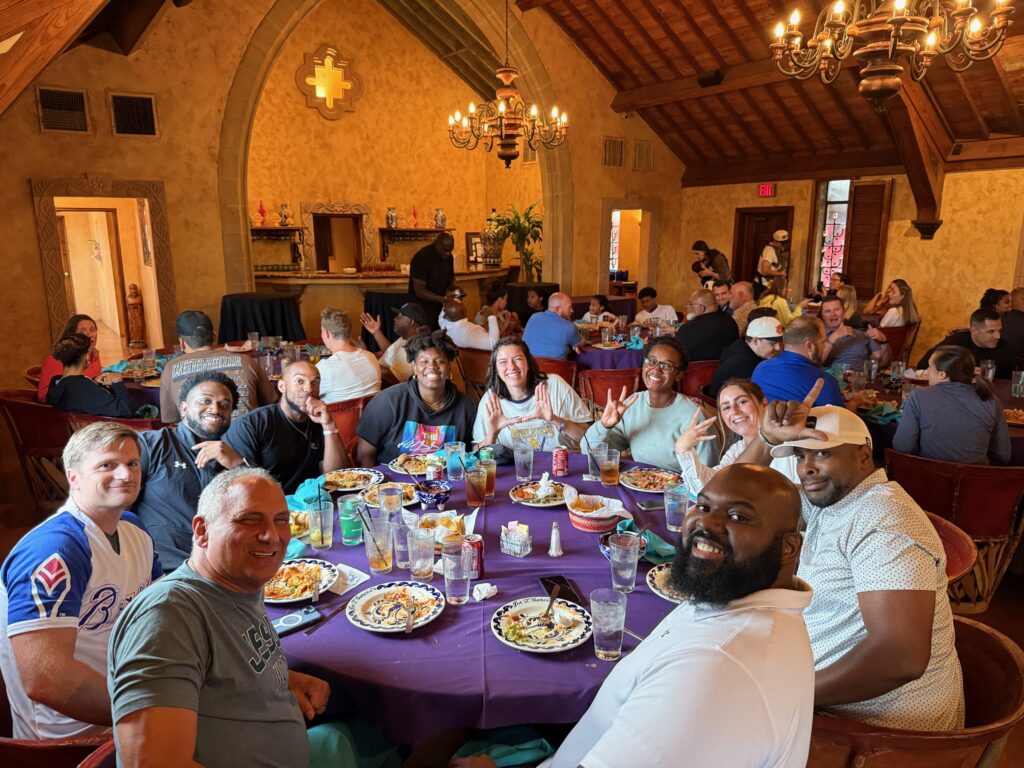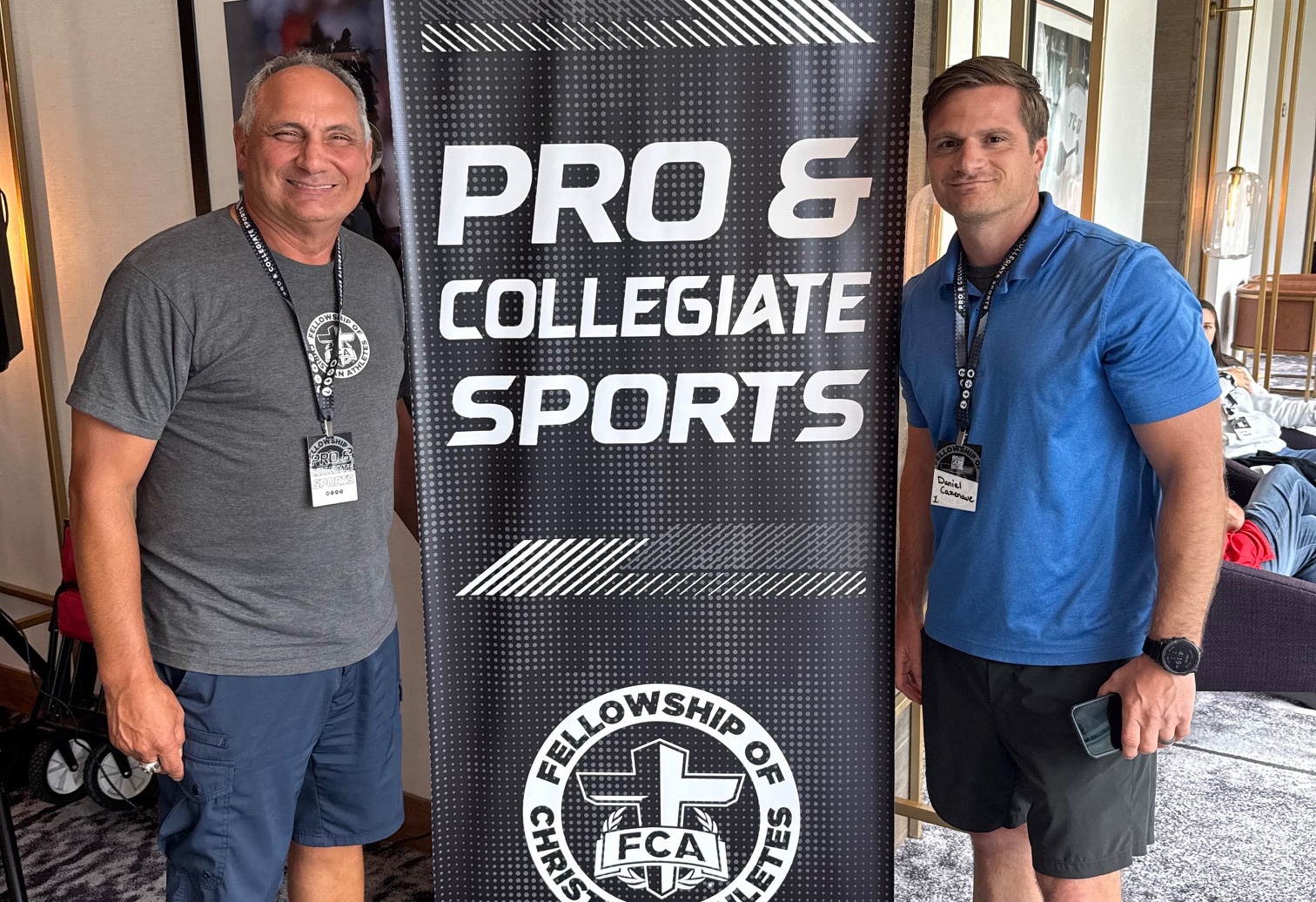“You coach a person, not a sport.” — John O’Sullivan
School is over or ending just about everywhere, and the multi-billion-dollar summer camp industry is about to begin in earnest. According to IBISWorld (Industry, Business & Investment Services) the U.S. camp industry, which includes sports and recreational camps, has a direct and indirect economic impact of $70 billion. That’s not chump change.
Given the sheer size of participation around the country, and the globe, it begs the question of just who is running all these camps and to what end? Having spent the better part of my career engaged in 7-10 weeks of hockey camps every summer, I have seen a lot of really good camps, and my share of poorly run camps where the operators are simply trying to make as big a profit as possible.
It is why every one of the camps I was supervising promised much more than sport-specific skill development and Xs and Os. I wanted to make sure our camps had a life skills component as well as an academic component, and I wanted the participants to have fun. Given the changing landscape of NIL, I worry that more and more camps will morph into nothing more than emphasizing elite performance and “win at all costs” mindsets, and that parents will shell out ridiculous amounts of money in pursuit of the brass ring.
The brass ring, of course, used to be a college scholarship to get a free education that could help set up student-athletes for a great post-sports career. It’s much more than that these days, and if NIL is allowed to go on unchecked, I worry about the unintended consequences for young kids, impressionable teenagers and overly eager but equally naïve parents. The temptation for unscrupulous coaches and private instructors to make crazy amounts of money selling unsuspecting consumers on false hopes genuinely concerns me.
Don’t get me wrong, I realize that the sports industry as a whole has changed and is growing, and that is creating jobs (increasingly so in women’s sports, especially). And that’s not all bad. But with this rapid growth comes greater responsibilities, and color me skeptical, but given the lack of control and the “Wild, Wild West” mentality in who is actually running college sports these days, I’m a tad concerned. The vast majority of these athletes are not getting life-changing NIL deals, and even the ones who are may be woefully unprepared for the sudden wealth they have come into.
So let me focus for a minute on the people actually responsible for the instruction that happens on fields, courts, ice, water or whatever space your kids are in — and that includes band, dance, art and academic camps. Who are the teachers, coaches, instructors and counselors and what is their motivation? Do they have your child’s best interest at heart or are they simply filling you up with unrealistic expectations, so you’ll keep paying their fees? I know there are many legitimate coaches and private instructors out there but do your due diligence to ensure you are being told the truth.
I’m going to zero in on the impact of coaches, because at least teachers and most non-sports-related staff have some level of formal training and need a certification to do their jobs. That is not always the case with athletics. Just like the volunteers who coach most youth sports teams, many of the people possibly working at your own kids’ camps may simply be former athletes with no formal coaching training. That’s on you, Mom and Dad, to do your homework.
I think it’s important that coaches understand the impact they have on young people‘s lives. With USA Hockey, coaches are made to attend at least the first three levels of the coaching certification program before they’re allowed to be a head coach. This doesn’t mean that every coach “gets it” just because they went through a certification process, but it certainly gets them started on the right path.
In his book “Every Moment Matters: How the World’s Best Coaches Inspire Their Athletes and Build Championship Teams,” John O’Sullivan talks about creating an athlete-centered environment. He describes great coaches as the ones who understand that coaching is about relationships and that sport specific knowledge, while important, is not sufficient. He says, “You don’t coach a sport, you coach people. And for kids, it starts with their hearts.”
But even at the adult level I have witnessed “coaches” who suck the joy right out of their players. They place the emphasis on the wrong objectives, taking what is supposed to be a fun experience and turning it into something it’s not supposed to be. We remember the impact the great coaches made on us. But we also remember the scars of those who had the wrong priorities and never cared about us as people.
I am happy to say that in my own children’s experiences, they were blessed with youth coaches who, for the vast majority of their time, had the kids’ best interests at heart. With one very notable exception of a coach who was into coaching for all the wrong reasons, our State College youth and school sports memories are good ones. Great coaches teach life skills and make the experience joyful. Sports, done right, breaks down cultural barriers and promotes diversity while building bonds that can last a lifetime.

I believe it’s critical that coaches at all levels need to make getting the right training to learn HOW to coach a priority. I am a big believer that we should never stop learning and that “iron sharpens iron.” I recently attended the Pro and Collegiate Fellowship of Christian Athletes (FCA) conference at Texas Christian University (TCU) in Fort Worth, Texas. It was both an inspiration and a call to action to me. We get to see and hear the stories of the successes, for sure. But when you also hear about the challenges, and in some cases the tragedies, it makes you stop and ponder who is running this show. After you share ideas and experiences with these people who are actually working with the professional and elite college athletes you understand even more the importance of helping them build a strong moral and spiritual foundation.
The speakers at the conference included FCA directors Nobles Darby IV, the team chaplain of the Cleveland Cavaliers and Browns; Patricia Hollowell of Maryland; Desmond Cook of the Miami Dolphins; Reggie Hutchins from Florida State; Mike Blanc of Auburn; Chauncy Franks from TCU; Tony Overstake of Oregon; Latosha Ramsey of Miami; Jim Black of Stanford; Chris Morgan of Louisville; Richard Lopez of Arizona; and Fleceia Comeaux of the Houston Dash and U.S, women’s soccer team. Topics included “Be Strong and Courageous,” “Get off the Fence,” “Presence,” “NIL and Transfer Portal,” “Growing a Healthy Ministry,” and “Board and Donor Advancement.”

Of course, half of the learning that takes place at these conferences is the casual conversations at meals, during socials and in between sessions. I even found time to catch up with an old friend from Penn State football, Coach Brian Norwood, who is now at TCU. Our kids went to school together in State College and I’m sure State High fans will recognize the names of the Norwood kids, especially Jordan, who played football at Penn State before going on to a career in the NFL. The bond of friendship shaped by sports is real and it is strong.
While I am no longer coaching a team, I am still involved in teaching hockey camps and leading FCA “Huddles” with more than 100 high school and college coaches and athletes for football, lacrosse, basketball, baseball, soccer and even one school band. I consider it one of the most important roles I have been honored to have during my sports career.
I take my role very seriously because I am totally aligned with the philosophy so elegantly described by Rev. Billy Graham:
“A coach, in one year, will impact more people than the average person will in a lifetime.”




